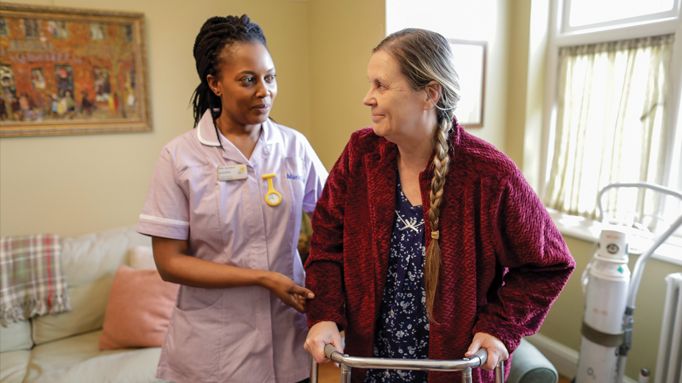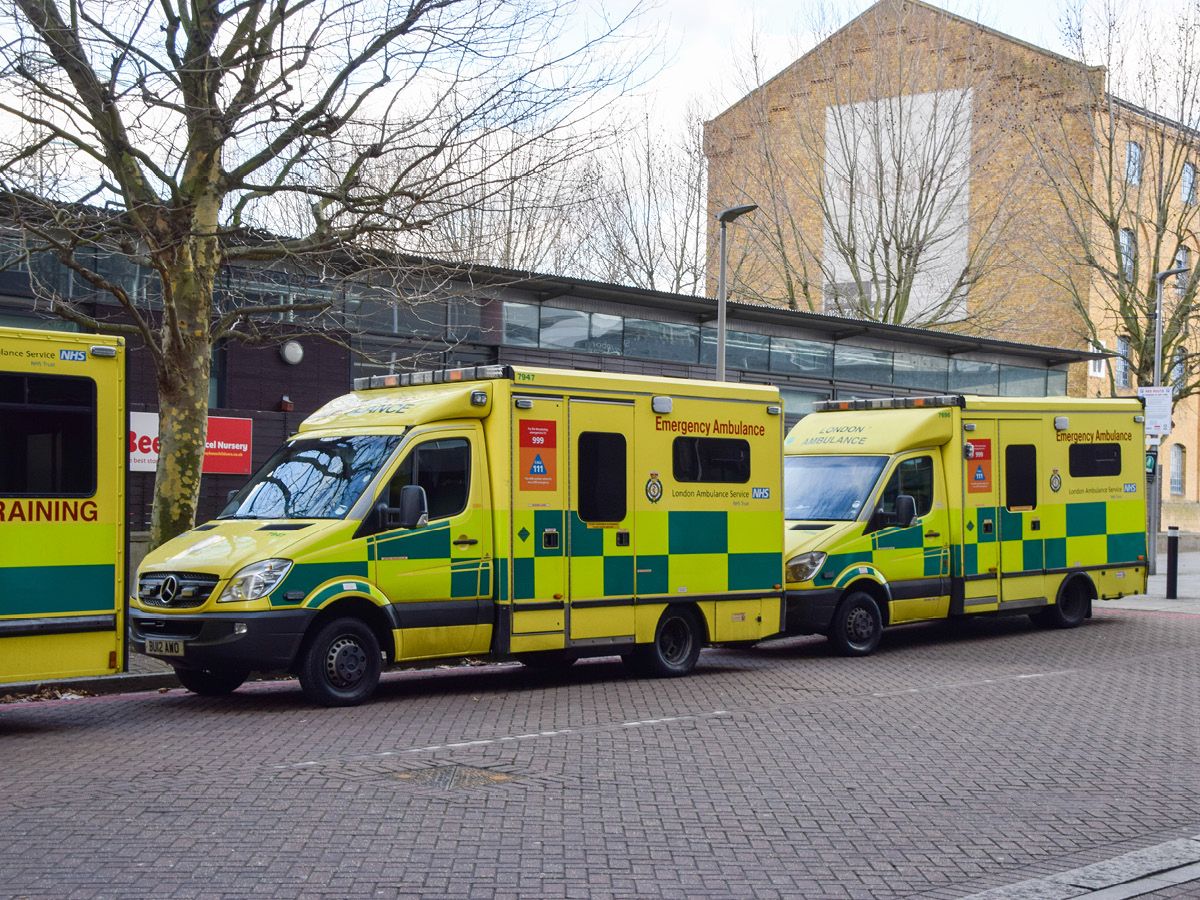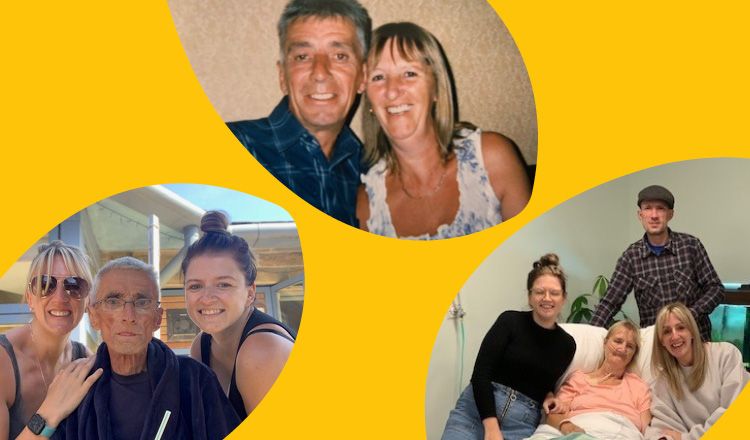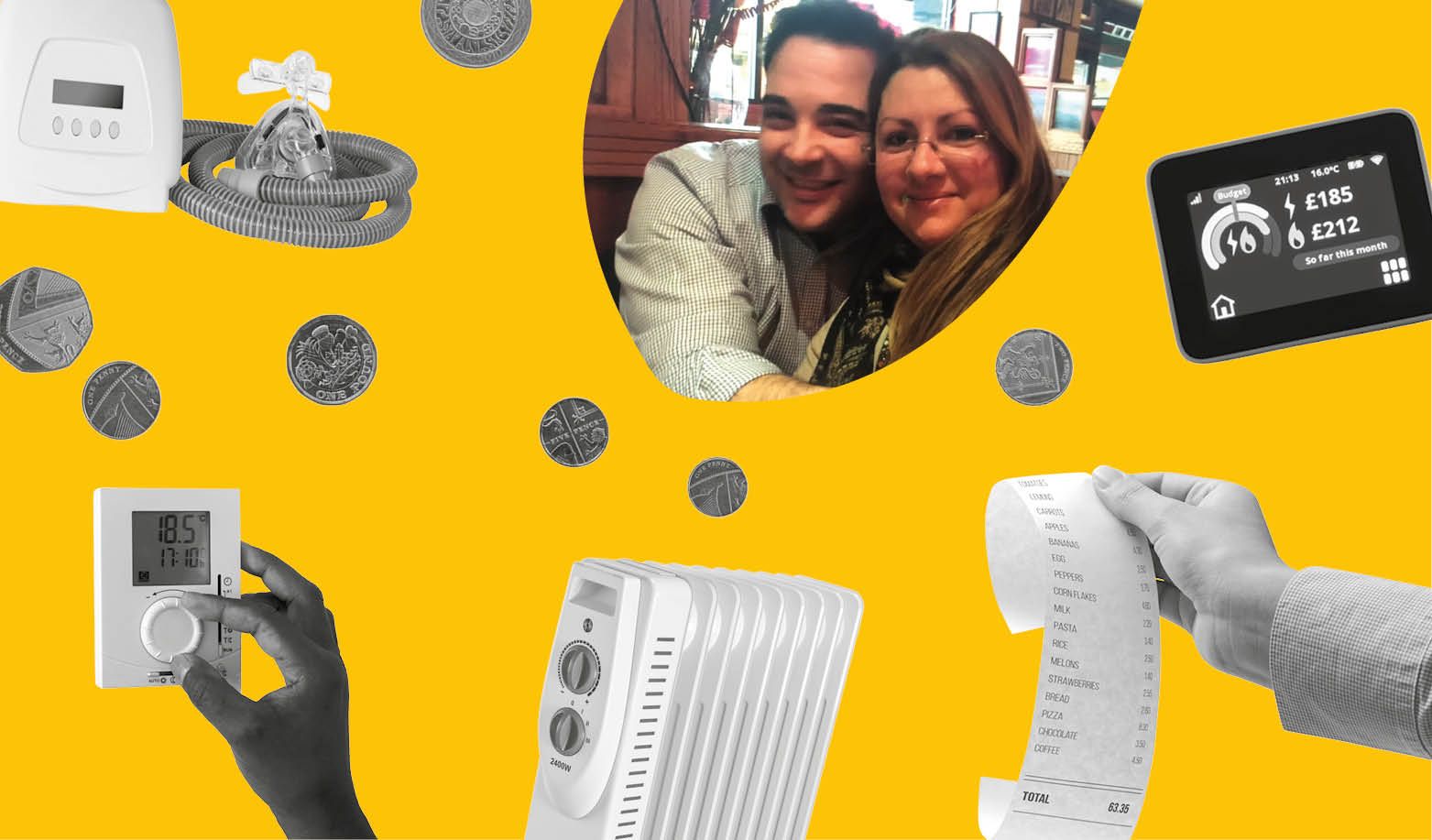Marie Curie's new report, Gender and end of life care, investigates the gender differences at the end of life, including the barriers that may be preventing women from dying in the place they choose.
This report focuses on Wales but draws on international evidence about women's end of life experiences. It aims to explore the impact of gender (a person's identity expressed in terms of masculinity and femininity) on end of life experience, rather than sex (biological sex characteristics assigned at birth). The report strives to be inclusive of all genders and gender identities. The terms 'man' and 'woman' used in this article are inclusive of both cis and trans men and women.
"I am a woman in her 50s, married with three grown children and dying from stage four cancer," shares Sam Skelton, who was on the steering group for this report.
"The challenges as a woman at the end of her life are endless: I have lost my ability to work and maintain financial independence, I feel a burden on my husband as he supports me both emotionally and financially, I worry for my grown children struggling in the cost of living crisis, job security and housing, one with a new baby, while also facing the inevitability of losing a parent. I feel diminished as a woman who had previously prided herself as strong and independent."
"I am writing from my own personal experience and position," continues Sam, "and I have witnessed women so often being the hub of family activity and care. I see it in all the oncology clinics I have attended over the past eight years.
"Women are present supporting their male partners, but also more frequently supporting other women. The nursing and support staff are mainly women and despite the decision makers and consultants being predominantly men (something that also needs addressing), it is the women who reassure and check that my needs are met."
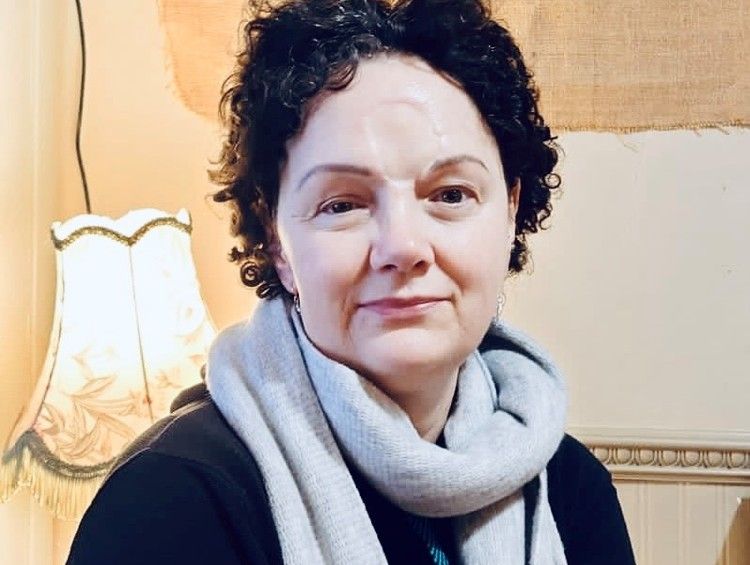
Do social norms affect women's end of life care and choices?
Many studies suggest that ingrained biases, unconscious or otherwise, and structural societal issues have a disproportionate impact on women's experiences at the end of life.
For example, evidence shows that women often report more severe daily feelings of pain, nausea, and fatigue, but may also have to report greater symptom distress than men for their pain to be acknowledged.
Gender inequity at the end of life is a very under-researched area. While existing evidence highlights how these social norms can negatively affect women's end of life experience, more research is needed to understand the impact of gender to see how we can improve end of life care for everyone in society.
Women are seen as 'natural caregivers' but feel like 'a burden' when they need support
Women are often seen, and see themselves, as natural caregivers in today's society. Many women feel like it's their duty to provide care for others. However, they are more likely to express fears around feeling like a burden if they need a reciprocal level of care from those close to them. Some studies show that more women receive care and support from healthcare professionals and specialists rather than family members.
The pressure of caring for family members as an unpaid carer tends to fall disproportionately on women. While the data suggests that men are more likely to prefer to die at home than women, research has also shown that people who have previously been carers, are less likely to want to die at home due to a greater understanding of the reality of caring pressures.
So, it could be the case that more women may want to die at home, but the fear of becoming a burden may be influencing their decision to choose otherwise.
Healthcare staff don't feel confident talking about sex and gender
Although healthcare staff want to take people's preferences into account to enable them to provide the best possible care, often they don't feel confident having conversations with people about their gender, pronouns, or preferred name. This is largely due to a fear of getting it wrong and unintentionally offending someone, for example, by using the wrong pronouns.
This lack of confidence has serious impacts on trans, non-binary and gender diverse people at the end of life. Previous research has shown that LGBTQ+ people delay accessing or do not access palliative and end of life care services, due to fear of discrimination.
This includes worries that healthcare staff will wrongly assume their gender identity, and about how those staff will react if they correct them. Transgender people may find it difficult to trust health and social care professionals and have fears around personal care.
More training and support for healthcare staff is needed so they feel confident caring for people in an inclusive way, regardless of their gender.
"One of my most poignant memories as a child was learning that everybody dies"
Sam shares: "I had run to my father with the excitement of a five-year-old ready to play and found him on the phone in tears. He told me my grandmother had passed away peacefully at home.
"I was devastated. I asked who would look after me if Mum was dead? Who would help me to die if she wasn't there? He didn't immediately reply, too caught up in the emotions of the recently bereaved, but when he finally did, he mentioned the concept of 'a good death'.
"I didn't understand what he meant then, but years later, as I approach my own death, I do. If everybody dies then what becomes important, what should be the focus, is the quality of life you have at the very end, the care and support available, the place of death, and agency to be able to make choices.
"This research is the start of how we ensure that all those dying have good quality of life for their remaining time, no matter their gender, and helps all my family feel reassured by the targeted care and support available.
"It helps me not to worry that my illness makes me a burden on my loved ones, and most importantly it gives other dying women the chance for the 'good death' that my father spoke about so many years ago."
Read the full Gender and end of life care report and Wales-specific recommendations for women's end of life care.
